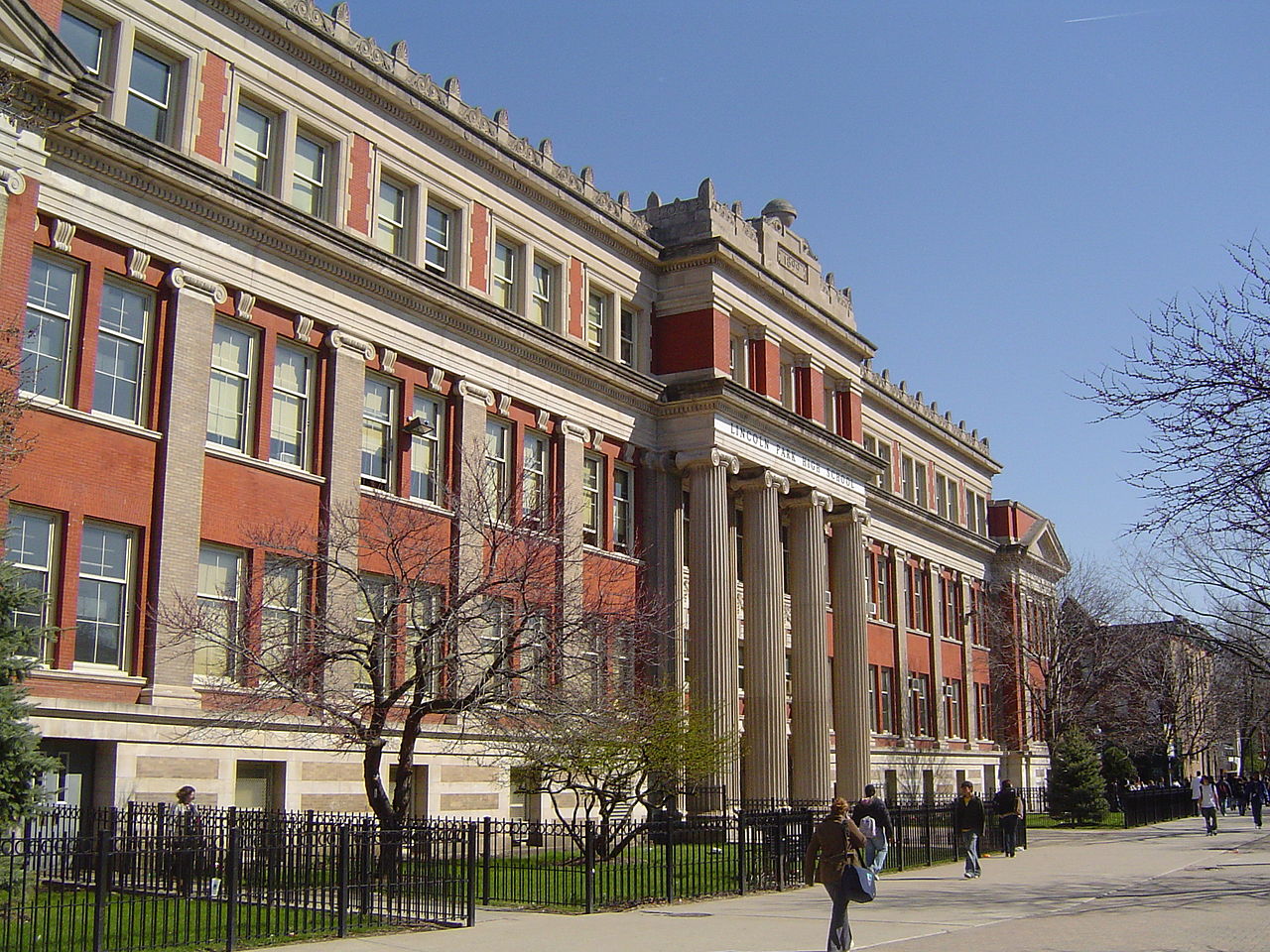
What you don’t know won’t hurt you. That seems to be the mantra of Chicago Public Schools (CPS).
A couple weeks back, CPS released two new separate sets of guidelines for adults and students at the 660 schools serving 392,000 students throughout Chicago, entitled, “Guidelines Regarding the Support of Transgender and Gender Nonconforming Individuals.” There is also a second set of guidelines for “nonconforming students.”
Bending over backwards to accommodate the latest slew of gender identities is a recent school trend not particular to CPS. But it's what was under the "privacy" portion of the student guidelines that caught our attention.
Transgender and gender nonconforming students have the right to openly discuss and express their gender identity and expression at school and school activities and to decide when, with whom, and how to share private information. School staff shall not disclose information that may reveal a student’s transgender status or gender nonconforming presentation to others. Therefore, given the sensitive nature of the information, when speaking with other staff members, parents, guardians, or third parties, school staff should not disclose a student’s preferred name, pronoun, or other confidential information pertaining to the student’s transgender or gender nonconforming status without the student’s permission, unless authorized to do so by the Law Department.
The CPS apparently does not find it necessary to share potentially important information about children with their parents. The child should be able to live their life however they want without interference from anyone, especially the people that brought them into this world.
CPS also had this to say about restrooms and locker room accessibility:
Supports and accommodations should also be provided to gender non-binary students and students questioning their gender identity, regardless of whether the student is consistently asserting at school. These accommodations should be assessed on a case-by-case basis in a manner consistent with the student’s support plan.
I guess any rule accommodating the other 99 percent of students doesn't apply.
For the student guidelines, click here.
For the adult guidelines, click here.
